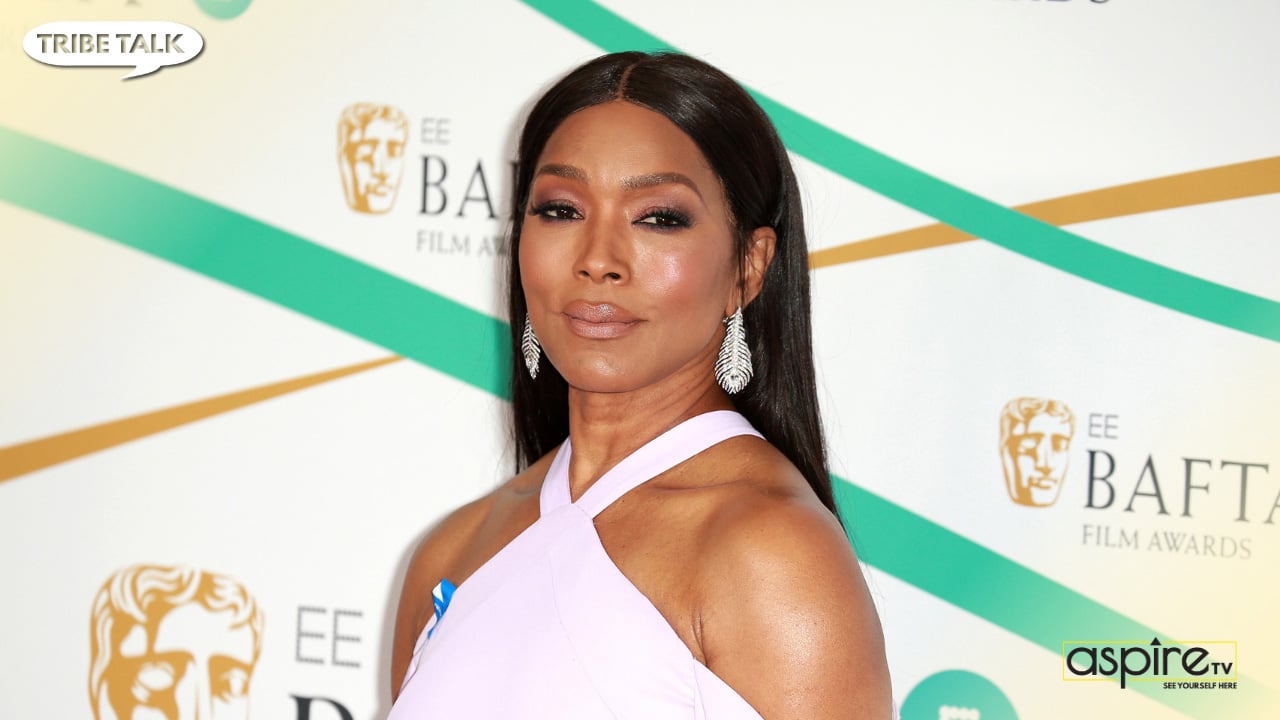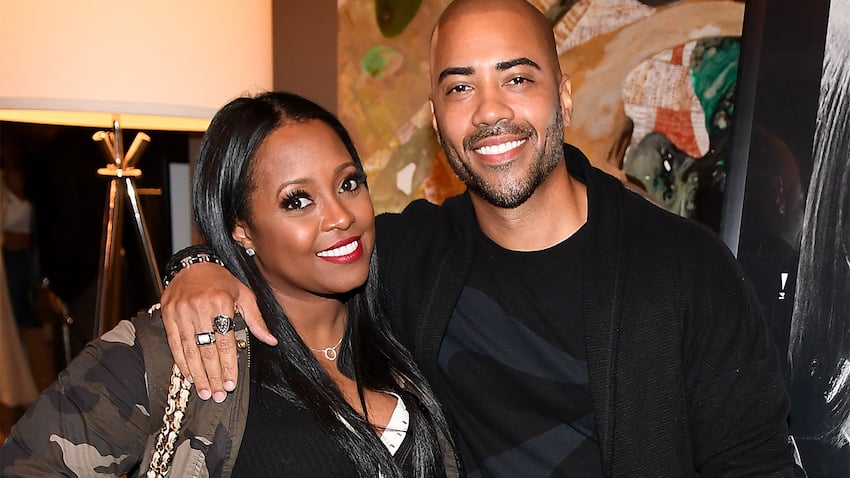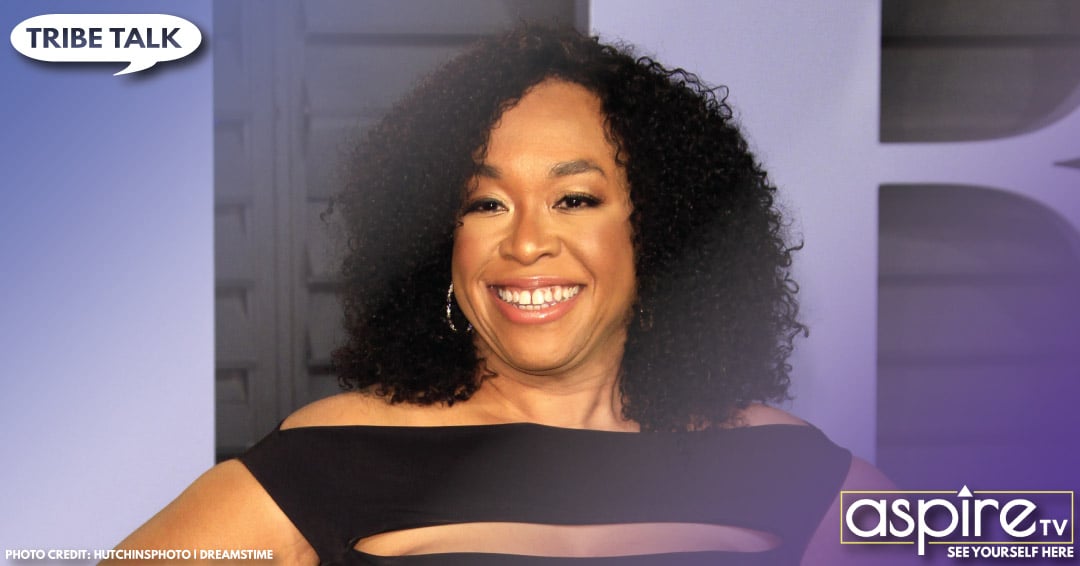

Celebrating Some Of The Culture’s Pivotal Moments In Black Film and Television
It’s the most wonderful time of the year and as the celebrations for Black History Month commence, it would be remiss if we didn’t take a moment to acknowledge some of the pivotal moments around Black film and television.
The journey of Black film and television is a tapestry woven with triumphs, challenges, and groundbreaking moments that have not only shaped the industry but have also paved the way for a more inclusive narrative. From the early 20th century to the present day, Black creators, actors, and filmmakers have left an indelible mark on the cinematic landscape, challenging stereotypes, and reshaping the way stories are told.
As we delve into these historic moments, it’s crucial to acknowledge the context in which they unfolded. From the early years of cinema, where racial stereotypes were perpetuated, to the contemporary era where strides towards inclusivity are being made, each milestone contributes to a broader narrative of progress and the ongoing struggle for representation. Let’s embark on a journey through time, celebrating the triumphs that have shaped Black film and television.
This listicle explores 11 pivotal moments that stand as beacons of progress, showcasing the resilience, creativity, and talent within the Black community.
Sidney Poitier’s Oscar Win (1964)
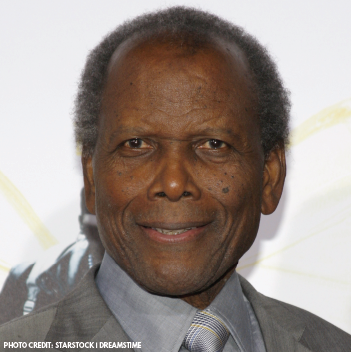
In 1964, Sidney Poitier made an indelible mark on the history of cinema by clinching the Academy Award for Best Actor. His groundbreaking win for his role in “Lilies of the Field” not only marked a personal triumph but also shattered longstanding racial barriers in Hollywood. Poitier became the first African American to receive the prestigious Oscar in a leading acting category, paving the way for greater diversity and representation in the film industry.
His exceptional talent, charisma, and dedication not only earned him the accolade but also catalyzed a transformative shift, inspiring generations of Black actors and filmmakers to pursue their dreams in an industry that was historically resistant to change. Sidney Poitier’s Oscar win remains a watershed moment, symbolizing resilience, breaking down racial barriers, and ushering in a new era of possibilities for African American talent in the world of cinema.
Diahann Carroll Stars As A Character With An Occupation That Was Not Cliché (1968)
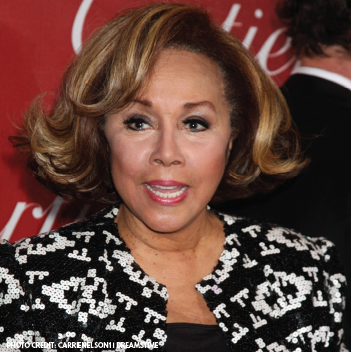
Carroll shattered stereotypes and blazed a trail in television by starring as a character with an occupation that defied clichés. In an era marked by limited representations of African Americans on screen, Carroll’s groundbreaking role as widowed nurse Julia Baker challenged conventions, portraying a character whose professional endeavors broke away from stereotypical norms. Her presence on the small screen not only showcased her immense talent but also paved the way for more nuanced and authentic portrayals of Black characters in the years to come. Diahann Carroll’s iconic performance not only entertained but also challenged and reshaped the narrative landscape of television during a crucial period of social change.
“ROOTS” Becomes A TV Phenomenon (1977)
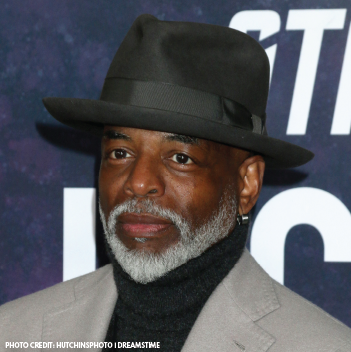
Based on Alex Haley’s 1976 novel Roots: The Saga of an American Family, the 8-part series broke viewership records at the time of its television debut. According to a report from Nielsen, the show’s finale brought in viewership of just over one half of the U.S. population, which was 220 million at the time.
The show depicted the narrative of slavery, spanning from Africa in the mid-1700s to post-Civil War America, and featured a young LeVar Burton in his seminal role of Kunta Kinte. Roots gave rise to a sequel, “Roots: The Next Generations,” extending the storyline into the 19th and 20th centuries. The initial series earned recognition with 37 Primetime Emmy nominations, securing victory in nine categories, notably winning the prestigious Best Limited Series award.
Robert L. Johnson and Sheila Johnson Launch Black Entertainment Television (1980)

In January 1980, the former husband-and-wife duo, Robert L. Johnson and Sheila Johnson, co-founded Black Entertainment Television (BET) initially as a programming block on the Madison Square Garden network (now USA Network). Within three years, BET evolved into a standalone channel.
Notably, the company achieved the milestone of being the first Black-owned entity listed on the New York Stock Exchange, propelling the Johnsons into the distinction of being recognized as the first Black billionaires.
The Oprah Winfrey Show Launches (1986)
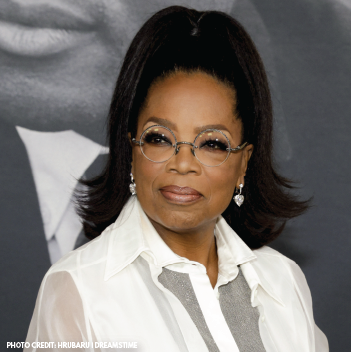
Oprah Winfrey made history by not only launching her groundbreaking television show, “The Oprah Winfrey Show,” but also by establishing her own network, OWN (Oprah Winfrey Network).
Her foray into television marked a transformative moment in the industry, as she became the first African American woman to own and produce her own talk show. “The Oprah Winfrey Show” swiftly rose to become a cultural phenomenon, showcasing Winfrey’s influential interviewing style and making her a household name. Simultaneously, the creation of OWN solidified Oprah’s role as a trailblazer, setting new standards for representation and ownership in media. Her visionary leadership and impact continue to resonate, inspiring future generations in the realm of television and beyond.
Whoopi Goldberg Achieves EGOT Status (2002)
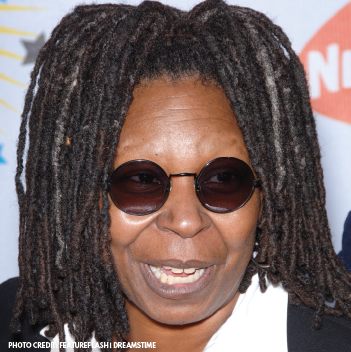
In 2002, Whoopi Goldberg etched her name in the annals of entertainment history by achieving EGOT status, a rare distinction bestowed upon artists who have won an Emmy, Grammy, Oscar, and Tony Award. Goldberg’s dynamic talent and versatility allowed her to secure these prestigious accolades across various domains of the entertainment industry. From her Grammy win for Best Comedy Recording to her Oscar for Best Supporting Actress in “Ghost” (1990), her Tony Award for producing “Thoroughly Modern Millie” (2002), and her numerous Emmy Awards, Goldberg’s EGOT status showcased her remarkable contribution to the arts and solidified her as a multifaceted and iconic figure in show business.
Halle Berry’s Oscar Win (2002)

When Berry landed the Academy Award for Best Actress for her portrayal in “Monster’s Ball,” she became the first African American woman to receive the coveted Oscar in a leading acting category. Her emotionally charged performance not only resonated with audiences but also challenged longstanding industry norms, breaking barriers for Black actresses in Hollywood.
Halle Berry’s triumph became a symbol of excellence and a catalyst for increased diversity in the film industry, inspiring a new generation of actors to pursue their dreams irrespective of racial boundaries.
Denzel Washington’s Oscar Win (2002)

In 2002, Denzel Washington made history by clinching the Academy Award for Best Actor for his powerful performance in “Training Day.” Washington’s win not only affirmed his status as one of the industry’s most accomplished actors but also marked a significant milestone in Oscar history.
As only the second African American actor to receive the Best Actor Oscar, Washington’s achievement added to the growing momentum for increased representation and recognition of Black talent in Hollywood. His win served as an inspiration, emphasizing the importance of diverse narratives and opening doors for future generations of actors and filmmakers from underrepresented communities. Denzel Washington’s legacy continues to shape the conversation around inclusivity and excellence in the world of cinema.
Shonda Rhimes’ Shondaland Arrives (2005)
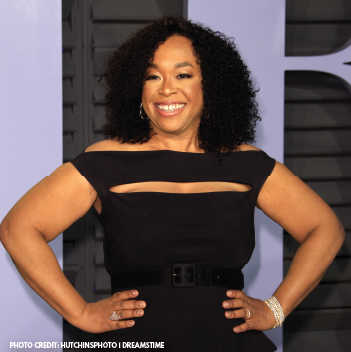
Shonda Rhimes broke new ground as the first woman to create and executive produce a top 10 network series through her production company, Shondaland, and the immensely successful ABC primetime show, Grey’s Anatomy. Riding on the momentum of this hit series, Rhimes expanded her television empire, bringing to life a slew of successful shows including Private Practice, Off the Map, Scandal, How to Get Away with Murder, The Catch, Still Star-Crossed, For the People, and Station 19. Notably, Rhimes, an Emmy-winning producer for 1999’s Tuesdays with Morrie, which received the Outstanding Made for Television Movie award, has now ventured into creating content for Netflix, securing a deal reportedly beginning at $150 million with additional incentives, as reported by the New York Times.
During Elle magazine’s 25th annual Women in Hollywood event in October 2018, Shonda Rhimes proudly declared, “I am the highest-paid showrunner in television,” as documented by The Hollywood Reporter. The specifics of Rhimes’ incentive-laden deal are nothing short of impressive, especially when compared to industry benchmarks, such as Ryan Murphy’s reported $300 million, five-year Netflix deal and Greg Berlanti’s four-year contract extension at Warner Bros TV, valued at an astonishing $400 million.
Tyler Perry Studios Grand Opening (2019)
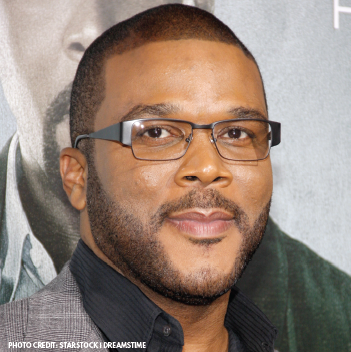
In 2019, Tyler Perry made history with the grand opening of Tyler Perry Studios, a monumental achievement that reverberated throughout the entertainment industry. Perry’s studio, the first fully Black-owned film studio, stood as a testament to his vision, perseverance, and commitment to creating opportunities for African American talent both in front of and behind the camera. The historic event marked a significant step towards diversity and representation in Hollywood, emphasizing the importance of ownership and control within the entertainment landscape. Tyler Perry Studios’ grand opening not only celebrated a physical space for storytelling but also symbolized a transformative shift in the industry’s narrative, inspiring a new era of possibilities for underrepresented voices.
Zendaya’s Emmy Win (2020)

In a historic moment at the 2020 Emmy Awards, Zendaya, the dynamic young actress, made headlines and etched her name in the annals of television history. Securing the Emmy for Outstanding Lead Actress in a Drama Series for her compelling performance in “Euphoria,” Zendaya not only showcased her exceptional talent but also became the youngest actress and only the second African American woman to ever receive this prestigious award.
Zendaya’s win marked a transformative shift in the industry, challenging preconceptions and setting a new standard for young Black actresses. Her portrayal of Rue Bennett in “Euphoria” captivated audiences, and the Emmy recognition solidified her as a force to be reckoned with in the world of television. Zendaya’s triumph was more than a personal achievement; it represented a pivotal moment for diversity, inclusion, and the recognition of emerging talent, inspiring a new generation of actors to pursue their dreams in an evolving and more inclusive entertainment landscape.

